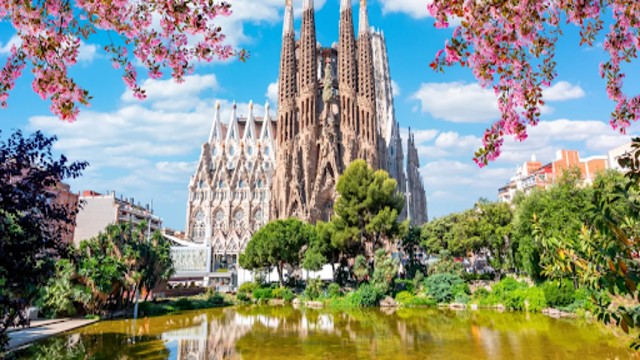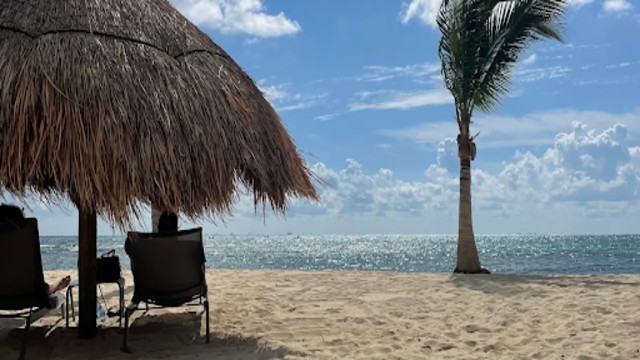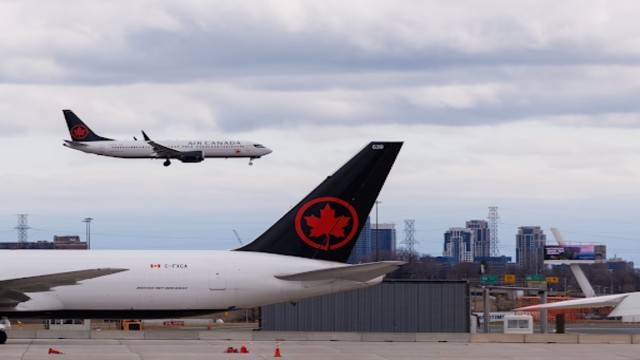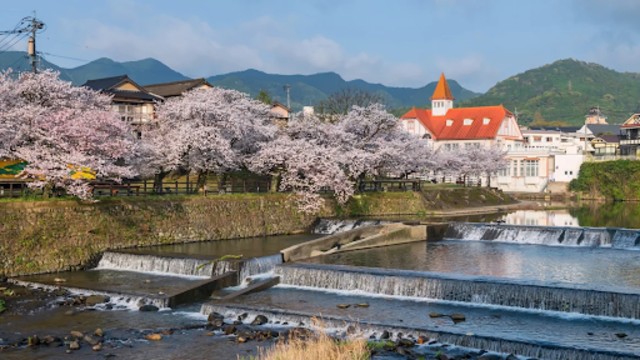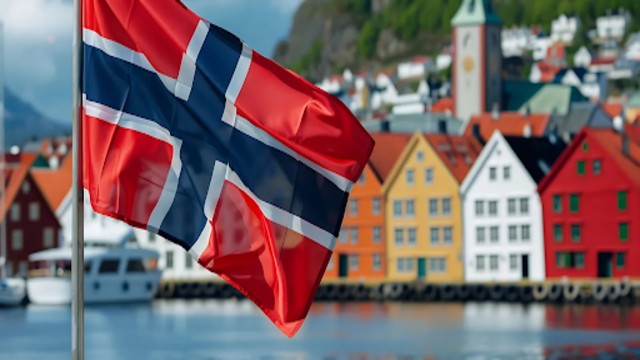
The Norwegian flag waving in front of the vibrant houses in Bergen, Norway. Travel Pulse
Norway's tourism has reached new heights, and the government is taking action to ease the burden on local communities and the environment. A new proposal aims to introduce a three percent tax on overnight stays, including at hotels, campsites, and short-term rental properties like Airbnbs.
If the bill is passed, the tax could be implemented as soon as this summer. Unlike some other European countries, this tax would be voluntary and applied at the municipal level. Local governments would decide if they want to apply it based on their tourism demands.
The idea behind this tax is to help areas that receive a large number of tourists, like the Lofoten Islands and towns near Norway’s famous fjords, including Geiranger. These places need extra support for things like public services and infrastructure to handle the increase in visitors.
Cecilie Myrseth, Norway’s trade and industry minister, explained that not every town would need this tax. In places under heavy tourist pressure, the goal is to build a better relationship between locals and visitors. She said the proposal is about ensuring local communities can manage the crowds and keep their environment intact.
The money raised from the tax would go towards public goods related to tourism, such as keeping trails maintained, providing public restrooms, managing waste, and putting up helpful signage for tourists.
The proposal comes after tourism numbers in Norway soared in 2024, reaching over 38 million overnight stays, a new record for the country. Norway has been considering a tourist tax for years, especially for remote areas that see large numbers of visitors during peak seasons. The idea is also to find a balance between tourism demands and the country’s “right to roam” tradition. This tradition allows anyone to freely explore the natural landscapes, regardless of who owns the land.
The proposal gained traction after a public consultation period. Initially, the tax was set at five percent, but after feedback, the government lowered it to three percent. For example, if a person stays at a hotel costing 1,500 Norwegian kroner (around $140), the tax would add only 45 kroner (about $4.10) to the bill. Myrseth emphasized that this additional cost is less than buying a cup of coffee.
Norway’s plan is part of a larger global trend. Many countries are introducing tourism taxes to offset the environmental and social impacts of mass tourism. Destinations in Europe, such as France, Italy, and Spain, have already adopted local tourism levies. Even in the Nordic region, Iceland reintroduced its overnight tax after pausing it during the pandemic. In the U.S., cities often charge hotel or occupancy taxes to support local services.
This new tax is seen as a step toward ensuring that Norway can continue welcoming tourists while protecting its natural beauty and improving the local infrastructure. With this move, Norway aims to manage tourism in a sustainable way that benefits both visitors and residents.



